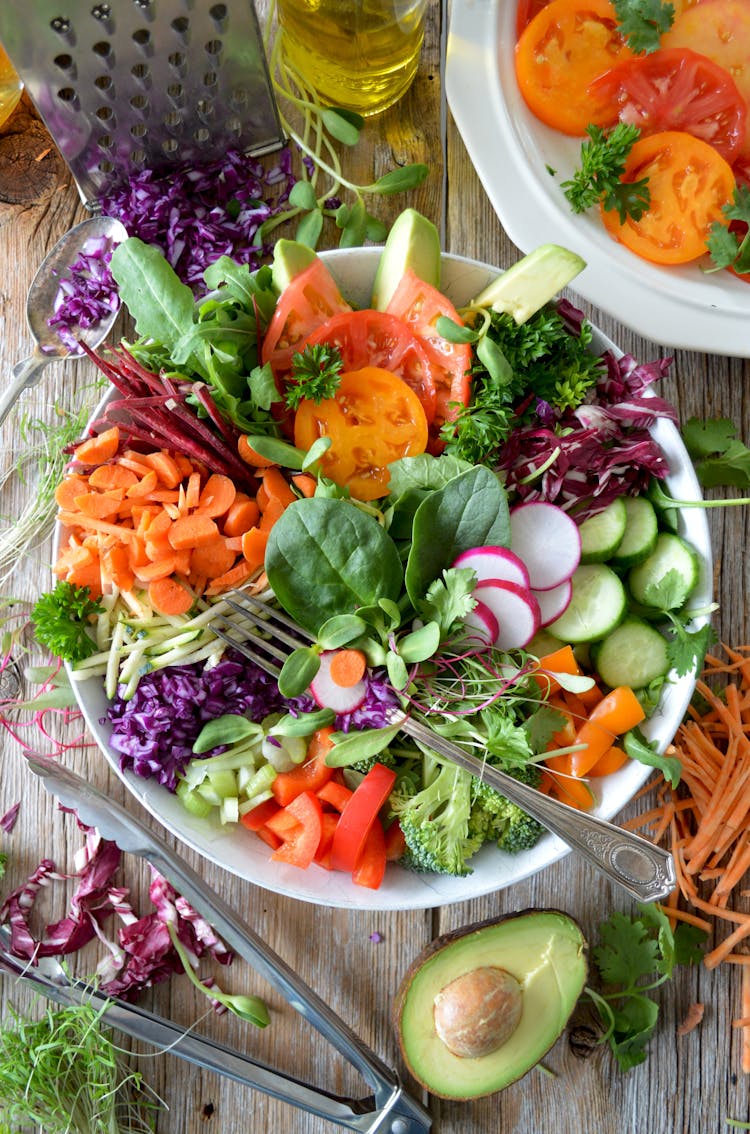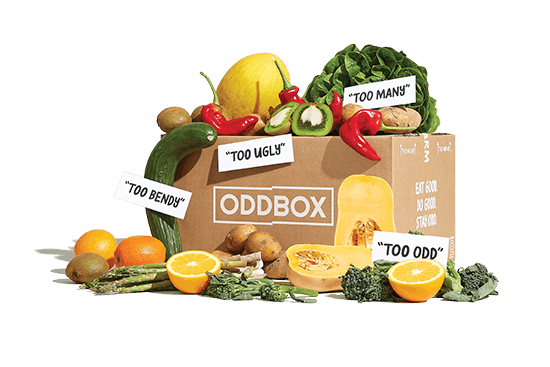Healthy eating in the New Year - 5 tips on eating healthier this year
Starting a New Year healthy eating plan is a common resolution - 41% of Brits committed to improving their diet at the beginning of 2019. And it's no surprise, as the 1st of January gives us the promise of a fresh start.
Are you wondering where to start in a sea of diet fads and nutritionists? Here are our five tips for how to eat healthier as you kick off 2022.

Reframe food as fuel
Diet culture emphasises restricting and cutting out foods you're not 'allowed' to have. But if you're focused on punishing yourself, how can you expect to enjoy food and develop a healthy long term relationship with it?
Remind yourself that food is the fuel you need to tackle both the mental and physical demands of your day. Decide how you'll collect the nutrients you need. Add more nutritious ingredients to your meals rather than taking anything away. Love pasta recipes? Cook some broccoli and spinach into your tomato sauce. A fan of noodle dishes? Grate raw carrot and cucumber on top.
Reject diets that generalise health
How many diets have been advertised to you throughout your life? You may have noticed they usually make big claims about being the best diet for everyone. But this relies on making sweeping assumptions about different people's health.
We're all complex humans, with diverse nutritional needs. While there are nutritional facts about the content of foods, some of us will feel better on a diet richer in fats, and others when we eat more protein. And isn't health about thriving and feeling our best? As you discover how to start eating healthy, be wary of diets that say they're right for most people. They're usually not based on science.
Keep cooking easy
Make your New Year healthy eating routine easy to prepare, otherwise you're more likely to slip back into old habits.
It's great to have a routine around cooking, but never put too much pressure on yourself or create stress. Here are some ideas for creating a regular meal prep schedule:
- After your Oddbox box arrives each week, take stock of what will need eating first - put those fruits and veggies on the most obvious shelf of the fridge
- Batch cook extra grains and veggies when making Monday's dinner and store them in the fridge - you can add them to different weekday meals
- Keep tinned and long-lasting ingredients in the cupboard, so you'll always have a healthy choice available for mealtimes
- Batch cook meals at the weekend and freeze them, so you can quickly reheat them during the week
Try mindful eating
Trying to fit in eating between work, family commitments and a social life means we can lose our connection with the food in front of us. And when we're not even thinking about what we're eating, we're less likely to master how to eat more healthy.
When practising mindful eating, take the time to engage the senses - the sight, feel, smell and taste of food. You can start small, with just one mindful bite in every meal. Sit back, let the food sit on your tongue, chew slowly and really experience it. Eating mindfully helps us rediscover our true enjoyment of food and our actual food preferences. This discourages choosing food out of convenience or because of short-term cravings.
Love your regular veggies
A New Year healthy eating plan can inspire us to buy exciting new health foods. But a few months in, will you still be staring at the chickpea flour and grains of amaranth in the cupboard? Or will you associate the latest superfood with dieting, feeling you're missing out on the foods you really want?
Be realistic with yourself. If you buy foods you aren’t used to eating, you’re less likely to find a use for them and more inclined to let them expire. Before you buy a new ingredient, plan the meal you're going to use it in. And remember, there's nothing wrong with your regular fruits, veggies, grains and staples - they're often just as healthy.

